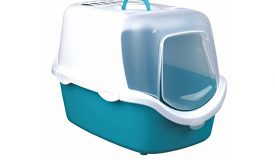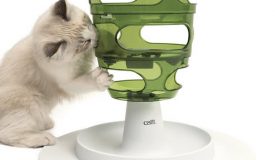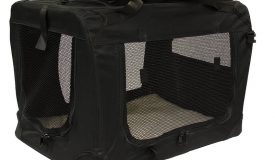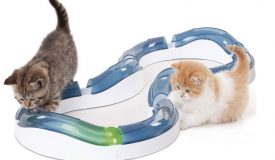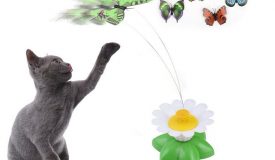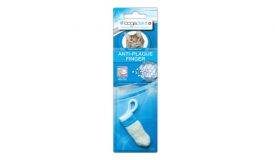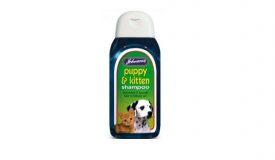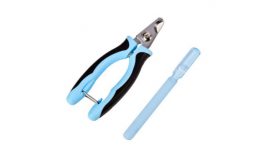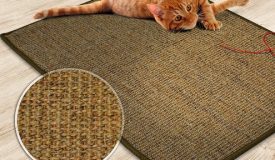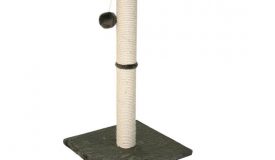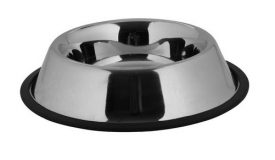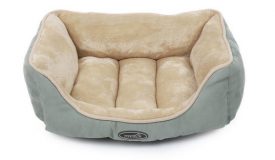The cat is the last pet on our list as they are easy to care for, but are also the most expensive, because of the need to take them to the vet for the treatment of infections, illnesses, immunizations and also the need to be neutered or spayed if you do not want them to have kittens. However, they make up for these additional costs by being soft and cuddly and develop emotional attachments to their owners. They generally look after themselves, provided they are not kittens and only really need feeding or having their litter tray cleaned out.
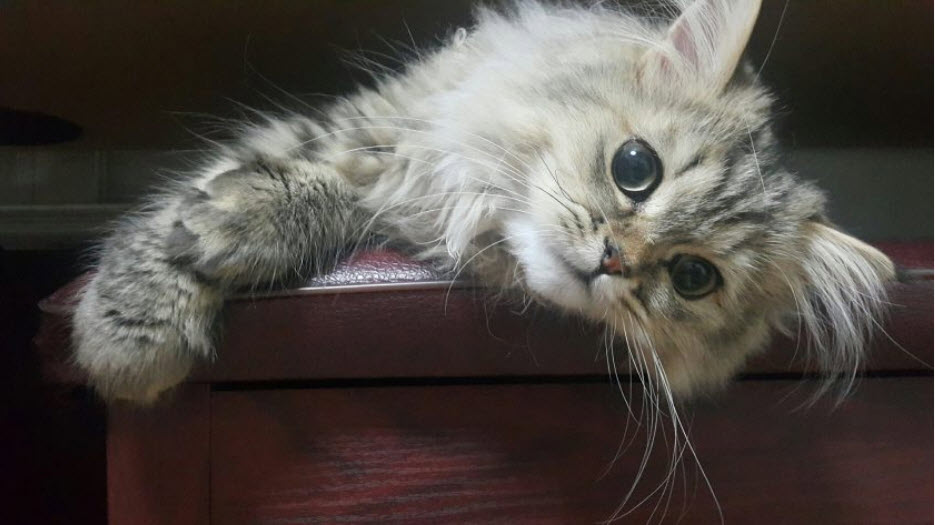
They need to be fed every day, at least twice a day or more frequently if it is a kitten. It also needs access to clean drinking water. Contrary to popular belief, a cat should not be given dairy products, including cow’s milk, yoghurt, cheese and ice-cream, because as they grow older they become lactose intolerant which can cause them diarrhea, along with other stomach ailments. It should also not be fed raw meats, including raw fish, as raw foods can contain bacteria and organisms that could be harmful to them. While eggs are nutritious when cooked, cats like humans, can also suffer from salmonella if given raw eggs too.
A cat also need to be stroked and handled regularly to stop them becoming feral. This means they can start to display wild behaviors like scratching, biting or even attacking people, if they are not stroked and handled regularly.
If tame and happy, they can keep themselves entertained with toys you provide, and will also be very affectionate, curling up to sleep on your lap and so on.
They may also need to be groomed, every once in a while, have their teeth brushed, or treated for fleas, but generally they do a good job of grooming themselves every day.
Unless they get very dirty, they do not need to have baths, but if you set up a regular bathing routine once a month or once every few months, then on the odd occasions they actually do need a bath, as a result of a flea treatment etc. this will not be so traumatic.
Bath time is also a good way to bond with your cat too, as you cuddle her dry. Always, give your cat a little food or a treat after a bath to de-stress them.
They do not need as much daily attention as dogs, as you do not need to take them for walks and can also be fully litter trained, so messes and accidents around your home will be kept to a minimum. Which is essential if you have young children in your house.
You can let them outside and they will come back, once they’ve had chance to explore and may even play with children if they use small balls and string.
However, they may avoid very young children or scratch those who have a tendency to pull their tail.
You may need to cat proof your house to prevent damage from the inevitable scratching, unless you provide them with scratch poles and sisal rope to scratch on to reduce the damage. You will also need to clip their nails once a month to avoid bad scratches which can occur accidentally, as their claws can grow very sharp, very quickly.
If you decide to keep a cat you will need:
- Cat bed / blanket
- Covered litter tray – these are like enclosed boxes, but are more private for your cat, very easy to clean and less of a health risk to young children, than open litter trays.
- Wood litter – this is better for cats and children as they absorb smells etc. more quickly making it more hygienic, and produce less dust, reducing the risk of asthma in cats and humans.
- Feeding bowls
- Cat food – dry and wet food
- Cat toys
- Grooming brush
- Cat shampoo
- 2 Towels
- Apron
- Nail clippers
- Travel box – to carry cat in
- A good hoover, specially designed to cope with cat fur
- Contact with a good local vet
Some essentials you may require for your new pet
Click on the items to find out more.

